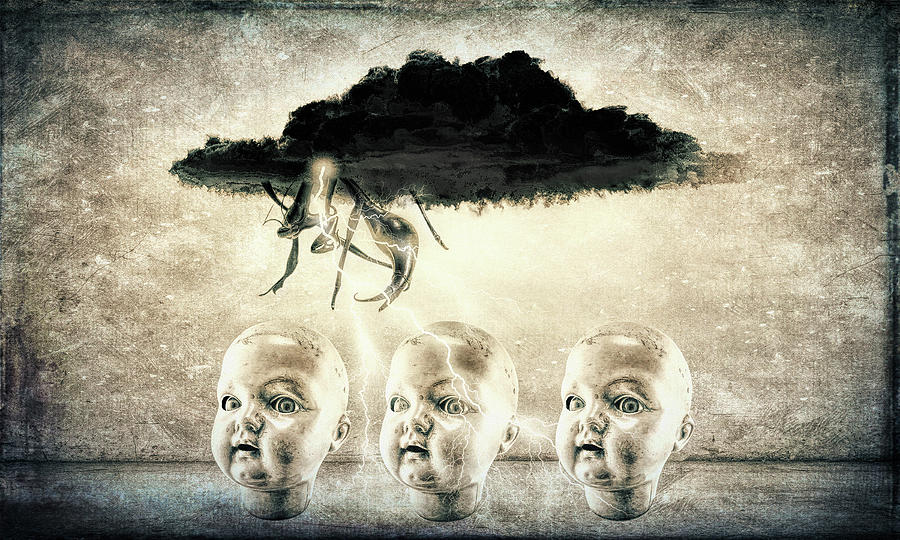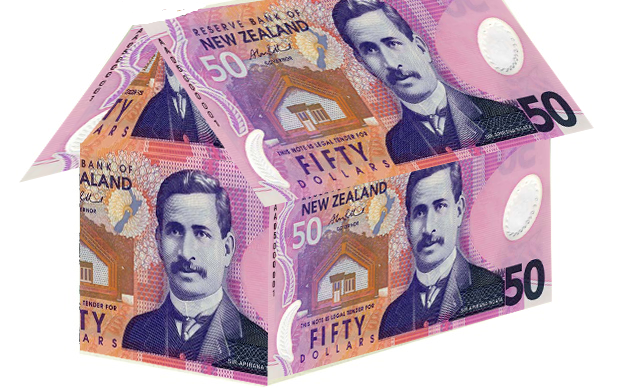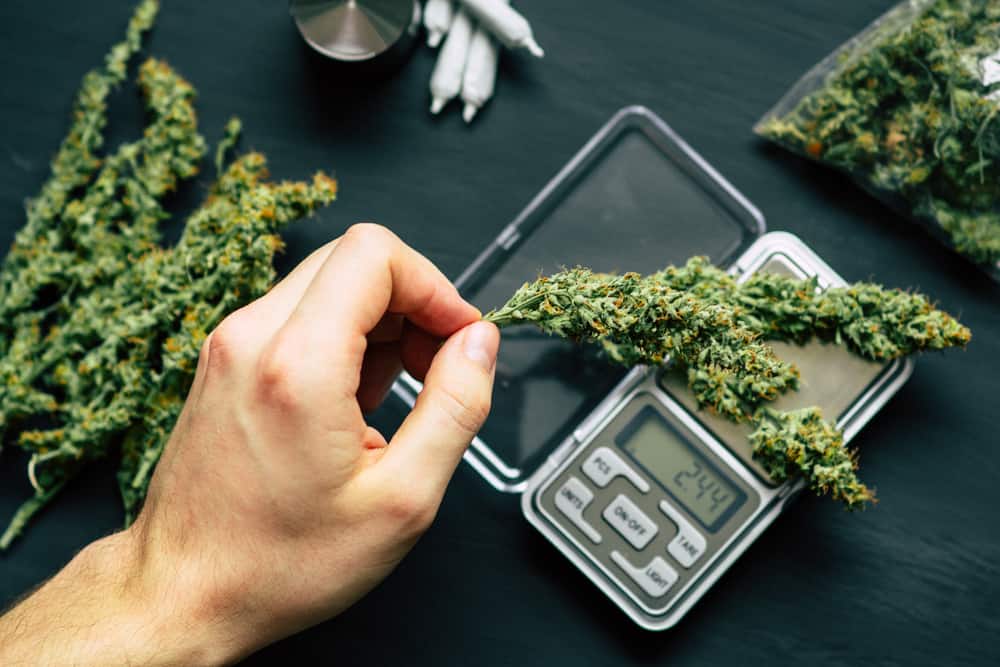As this book underlines at length, cannabis prohibition itself does a great amount of damage to our society. Leaving aside the fact that cannabis itself is not harmful, prohibition and the act of enforcing it causes legitimate harm by way of trauma, and usually to people who have done nothing wrong. As this article will examine, prohibition also does damage by corrupting the nation’s youth.
The received wisdom is that cannabis corrupts the youth, by transforming good students into lazy, violent delinquents. The truth is much different. The truth is that cannabis prohibition creates the corruptive effect.
A young person who is taking note of the debate around cannabis law reform couldn’t help but to draw some unsavoury conclusions about how the world works. Watching Bob McCoskrie blatantly lie and scaremonger in the name of Jesus demonstrates clearly to any young people watching that our culture is rotten with crooks, our mainstream religion dead, our mainstream media complicit in it all. What sort of message is that?
The youth aren’t stupid. They know that cannabis prohibition is bullshit. This can be seen from the strong correlation between being young and voting for the Aotearoa Legalise Cannabis Party in 2017. The fact is that anti-cannabis propaganda has had a decreasing impact since the 1970s, by when enough people had experimented with it for there to be subcultures of individuals who knew that the reasons for prohibition were false.
This raises a question that few ask themselves, because of the rush to look tough on crime. What impression are we giving the youth by way of our actions around cannabis? Because the youth of New Zealand are watching their elders, and observing how some of those elders are blatantly lying about the side-effects of cannabis, and clearly trying to scaremonger the population, while ignoring the scientific evidence.
The youth also see the Police enforcing the law, despite the widespread awareness that enforcement of this law only serves to increase the suffering of the New Zealand people. This teaches them that the law is indifferent to the suffering of the people, merely something that is imposed upon them by Parliament, and the Police little better than dogs, merely following orders for the sake of a full belly.
Observing this blatant corruption in action has a hugely corrosive effect on the moral integrity of young people.
Above all this, cannabis prohibition corrupts the youth the worst in lower-class families. Because cannabis is on the black market, it’s possible for someone to make a few thousand dollars in hard cash from running a clandestine grow. When a child sees their parent or uncle making money from growing cannabis, and not from working, then the idea of crime instead of work starts to become normalised.
Imagine if the alternative for at-risk children was watching their family member work on the white market as a cannabis researcher, or even as a budtender. A child is much better off seeing their parents work almost any job on the white market than something on the black one. It’s much better to normalise the idea of making money from legal enterprise, but cannabis needs to be made a legal enterprise before that can happen.
Worst of all is the effect on those young people who see their older family members arrested and sometimes imprisoned for something which they can’t understand is a crime. There’s no way to get a young person, who is wise to the nature of propaganda and brainwashing, to believe that cannabis is evil enough to warrant such treatment. They know that the Government is committing an abuse against them.
The corruptive effect of this is immense. For such a young person, watching a member of your family go through that much suffering just over a plant normalises certain ideas about society. One of the most dangerous of these is that society is their enemy – an enemy that wants to destroy them.
Cannabis prohibition has corrupted our youth, by showing them that truth and justice have no place in the organisation of the world. The way to get ahead is to bribe politicians, scaremonger, lie and cheat. Political decisions about medicines are not made on the basis of evidence and science, and neither are they based on the imperative to end suffering.
It’s impossible to tell a young person that they ought to obey the laws of a society when those laws are transparently arbitrary and ridiculous. This means that cannabis prohibition has had the effect of eroding the otherwise law-abiding nature of people.
It would be much better for the supposed adults to demonstrate honesty and fairness to the young people. This we could do by repealing cannabis prohibition, and then making a commitment to tell the truth about it at all levels of government, education and medicine.
*
This article is an excerpt from The Case For Cannabis Law Reform, compiled by Vince McLeod and due for release by VJM Publishing in the summer of 2018/19.




